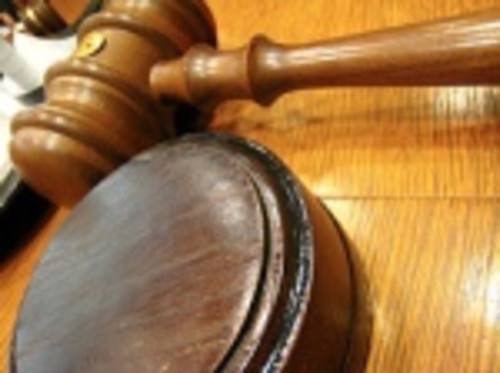We posted last year about the prevalence of cyberbullying on social networks. The longer-term consequences of that are just now finding their way into our legal system, and this week the US Supreme Court refused to hear the case of Doninger v. Niehoff, which was the case involving a high school junior girl named Avery Doninger. Back in 2007, she criticized school officials for not allowing a student concert, and said on her LiveJournal blog that the “douchebags in central office” had cancelled the event. Niehoff was the principal, and was granted “qualified immunity” from Doninger’s suit. This is the part of the law that shield’s public officials from legal liability when there is no clear case law. By not hearing the appeal, this decision of qualified immunity stands.

While this decision happened earlier this week, there are three other cases that will be considered by the Supremes later this month. J.S. v. Blue Mountain School District and Layshock v. Hermitage School District both involve Pennsylvania high school students who created fake MySpace profiles to mock their school principals. Those cases are being appealed together. Kowalski v. Berkeley County Schools involved a West Virginia senior who created another MySpace page back in 2005 that contained insults about another student.
For those of you that are interested, these cases all cite a landmark decision Tinker v. Des Moines, where public schools are allowed to regulate speech that materially interferes or disrupts the learning environment. Back in the tumultuous 60s, students wore armbands to school and Tinker was adjudicated on that activity. But now the courts have to deal with the Internets, and activities that don’t physically take place on a school’s campus.
Topping off this week in school censorship news is the action of the administration of the Southern Illinois University at Carbdondale (SUIC) surrounding a labor dispute. A Facebook page that was until now open for comments about the situation had comments critical of the university removed, along with other comments that contained obscene language. Eventually, the only content left on the page were official university messages. Rod Sievers, a university employee being quoted here, said “a certain level of debate would have been permitted but because some of it was rude, profane, name-calling, we just couldn’t keep up with it.”
With the removal of the comments, the students created their own Facebook page here. Does a Facebook Wall constitute a public forum, or is it private even if it is controlled by a publicly funded entity such as SUIC? There have been no suits filed as yet about this action by SUIC.
















